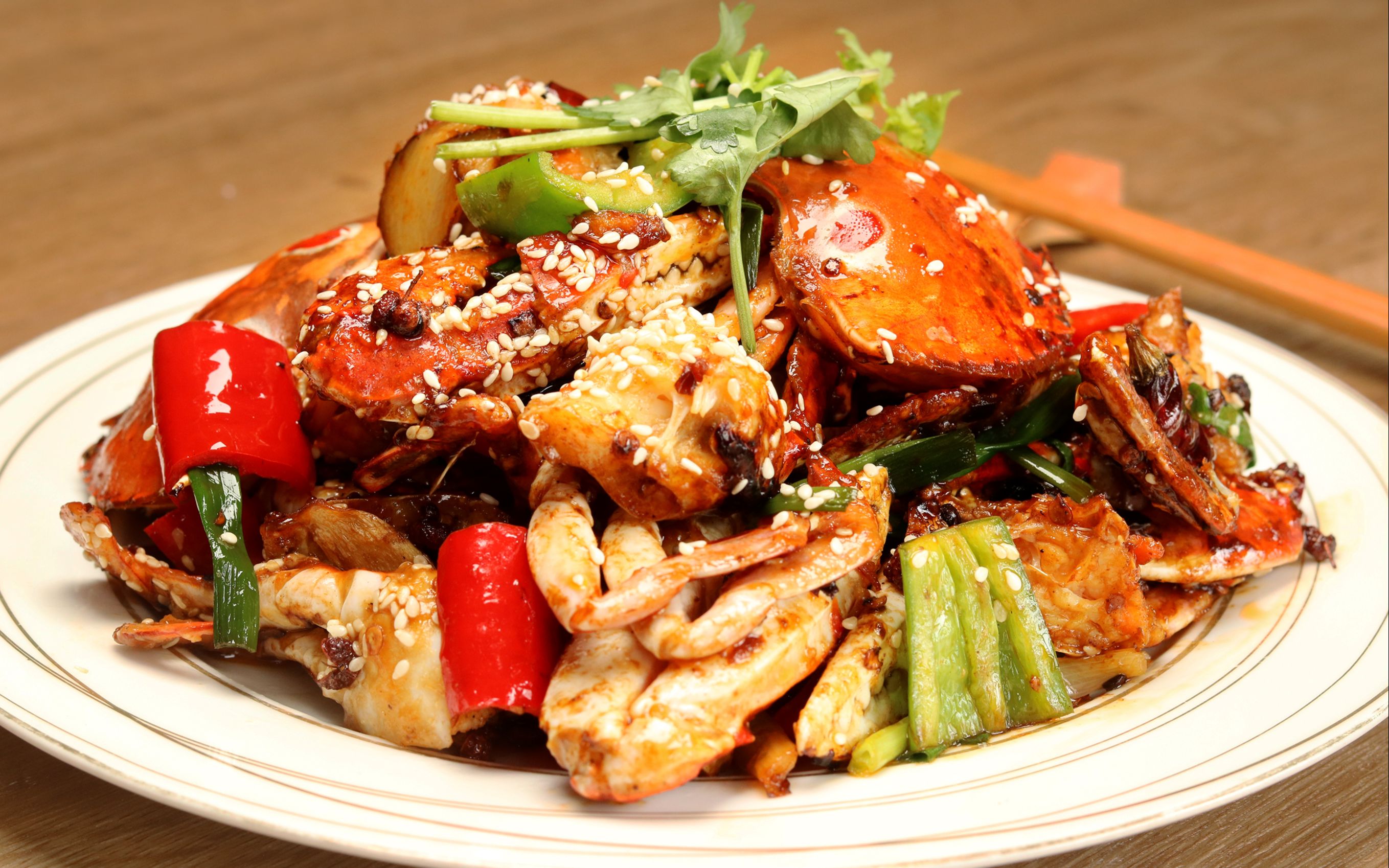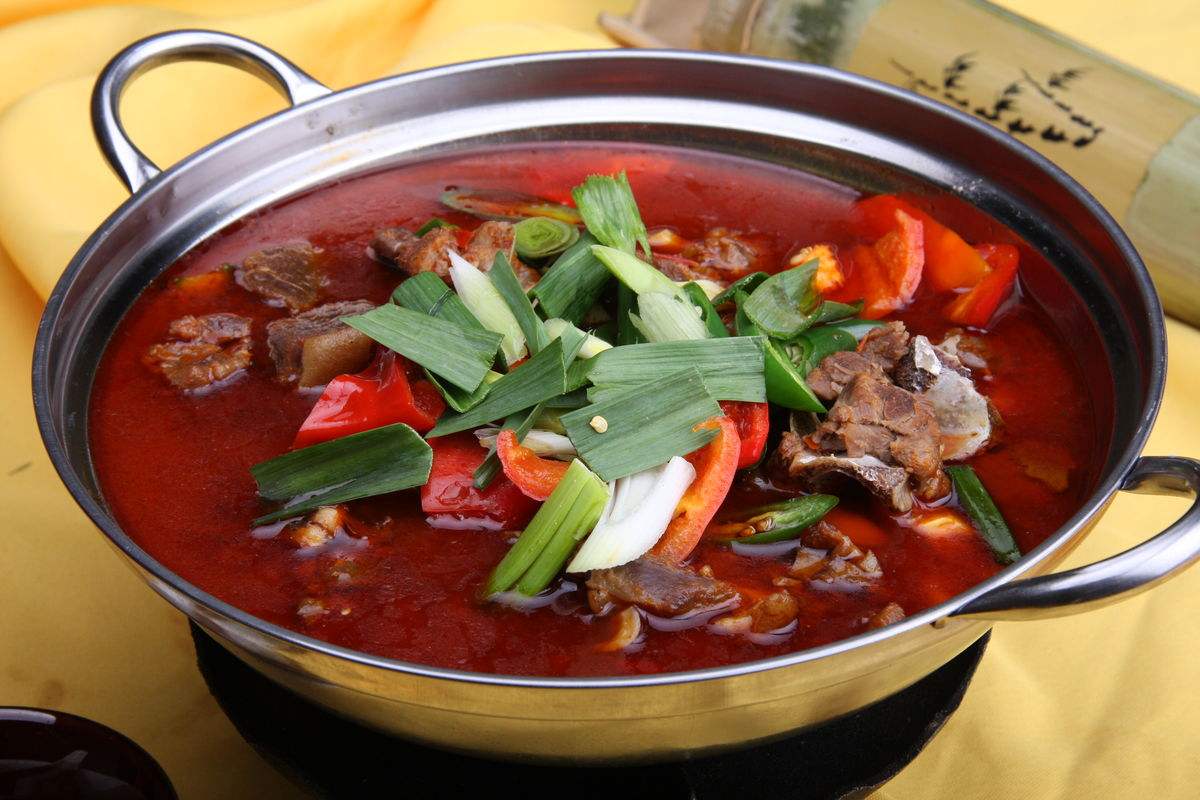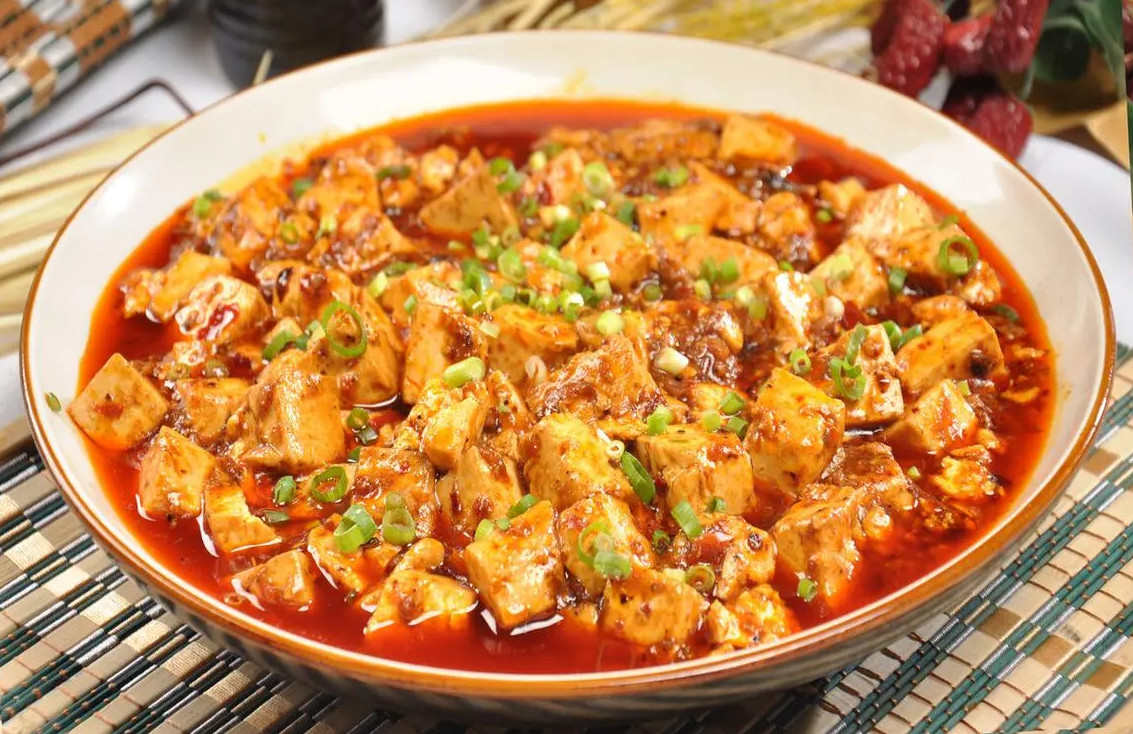1.What are Some common misconceptions that foreigners may have about China?
- China is a developing country: Many foreigners may underestimate China’s level of development and modernization, assuming it to be less advanced than it actually is.
- Chinese people are unfriendly: There is a stereotype that Chinese people may be unwelcoming or unfriendly towards foreigners, which is often proven wrong by personal interactions.
- Lack of diversity: Some may perceive China as a homogenous society, overlooking the cultural, linguistic, and regional diversity within the country.
- Poor infrastructure: Foreigners may expect China to have inadequate infrastructure, but are often surprised by the country’s advanced transportation systems and modern facilities.
- Limited opportunities for women: There may be a misconception that Chinese women have limited opportunities for education and career advancement, which is often disproven by the presence of women in leadership roles and various professions.
2.What Are the Must-See Destinations in China?
China offers a rich tapestry of historical, cultural, and natural attractions. Here are some top destinations:
- The Great Wall: A must-see landmark that spans several provinces.
- Beijing: The capital city, home to the Forbidden City, Tiananmen Square, and the Temple of Heaven.
- Xi’an: Famous for the Terracotta Warriors.
- Shanghai: A modern metropolis known for its skyline and historical sites.
- Chengdu: Known for its panda reserves.
- Zhangjiajie National Forest Park: Famous for its towering sandstone pillars.
3.What Are the Electrical Requirements in China?
China uses a 220V supply voltage and 50Hz. You will need a power plug adapter if your devices use a different plug type. It’s wise to bring a universal adapter and a converter if your devices aren’t compatible with 220V.
4.When Is the Best Time to Visit China?
The best time to visit China largely depends on the regions you plan to visit. Generally, spring (April to May) and autumn (September to October) are the most pleasant seasons, offering moderate temperatures and less rain. Summer can be hot and humid, especially in the southern regions.
5.Do I Need to Tip in China?
Tipping is not a common practice in China and is not expected in most situations, such as in restaurants or taxis. However, you may tip if you feel you received exceptional service, such as from a tour guide.
6.What Should I Pack for My Trip?
Packing will depend on the season and the regions you plan to visit. Generally:
Spring/Autumn: Light to medium-weight clothing, comfortable walking shoes, and a light jacket.
Summer: Lightweight, breathable clothing, sun protection (hat, sunscreen), and an umbrella for sudden rain showers.
Winter: Warm clothing including a coat, gloves, and thermal wear for northern regions where it can get very cold.
7.How Can I Stay Connected in China?
Wi-Fi is widely available in hotels, cafes, and airports. For mobile connectivity, you can buy a local SIM card or use roaming services if your phone plan supports it. Keep in mind that some websites and apps may be restricted; having a reliable VPN installed before arriving can be helpful.
8.How do foreigners think about China after visiting China?
Foreigners often view China in a more nuanced and positive light after visiting the country. They may have their preconceptions challenged and gain a better understanding of China’s rapid economic development, advanced infrastructure, and societal complexities.
Many are surprised by the beauty of China, the kindness of its people, and the diversity within the country. Overall, firsthand experiences in China tend to lead to a more balanced and informed perspective among foreigners.
9.How do foreigners perceive Chinese women after spending time in China?
After spending time in China, foreigners often perceive Chinese women in a more positive light. They may be surprised by the number of Chinese women in leadership positions, scientific fields, and various professions. Foreigners may also observe the hardworking nature of Chinese women and their active participation in society. Additionally, interactions with Chinese women may challenge stereotypes and misconceptions about their roles and opportunities within Chinese society. Overall, foreigners tend to have a more nuanced and respectful view of Chinese women after spending time in China.
10.What are some of the delicious food in China?
The author enjoyed a variety of delicious food options in China, including Hunanese cuisine such as spicy crab, kung pao chicken, Sichuanese mutton pot, Mapo doufu and dried fishes. Additionally, the author mentioned trying street food like quail eggs, oysters, and crab.




